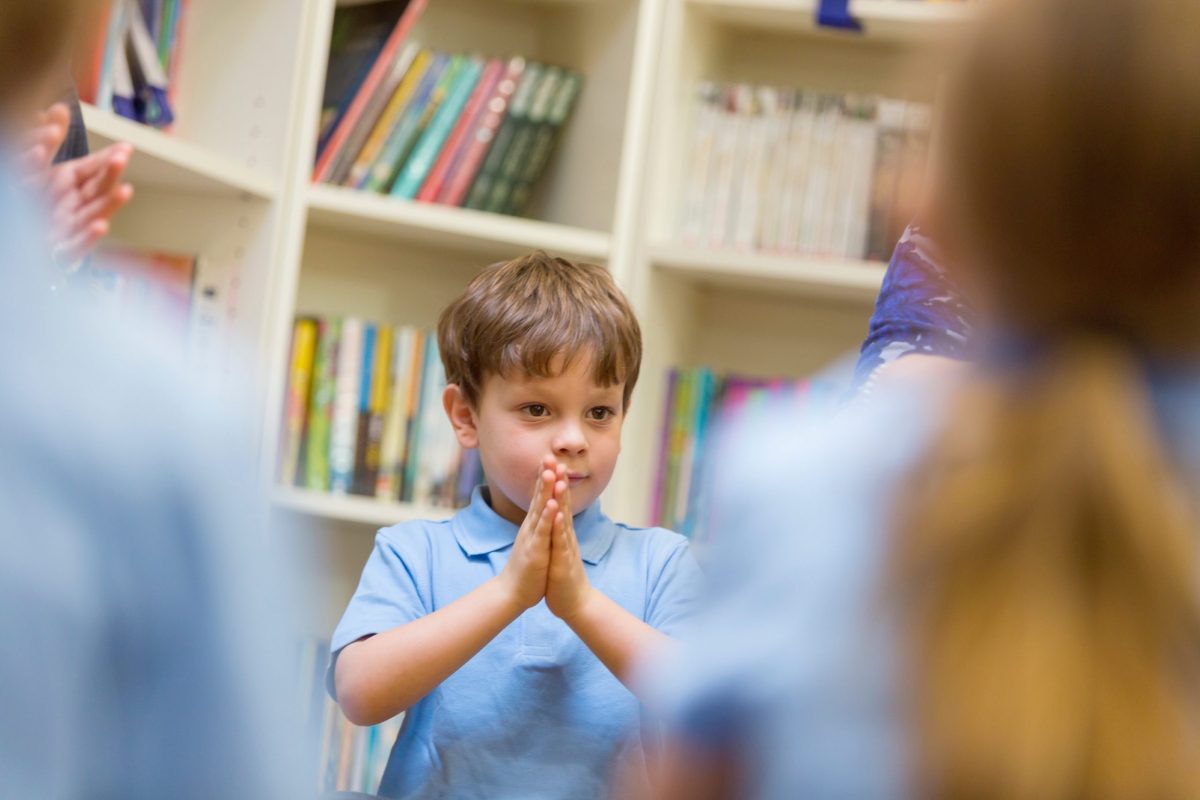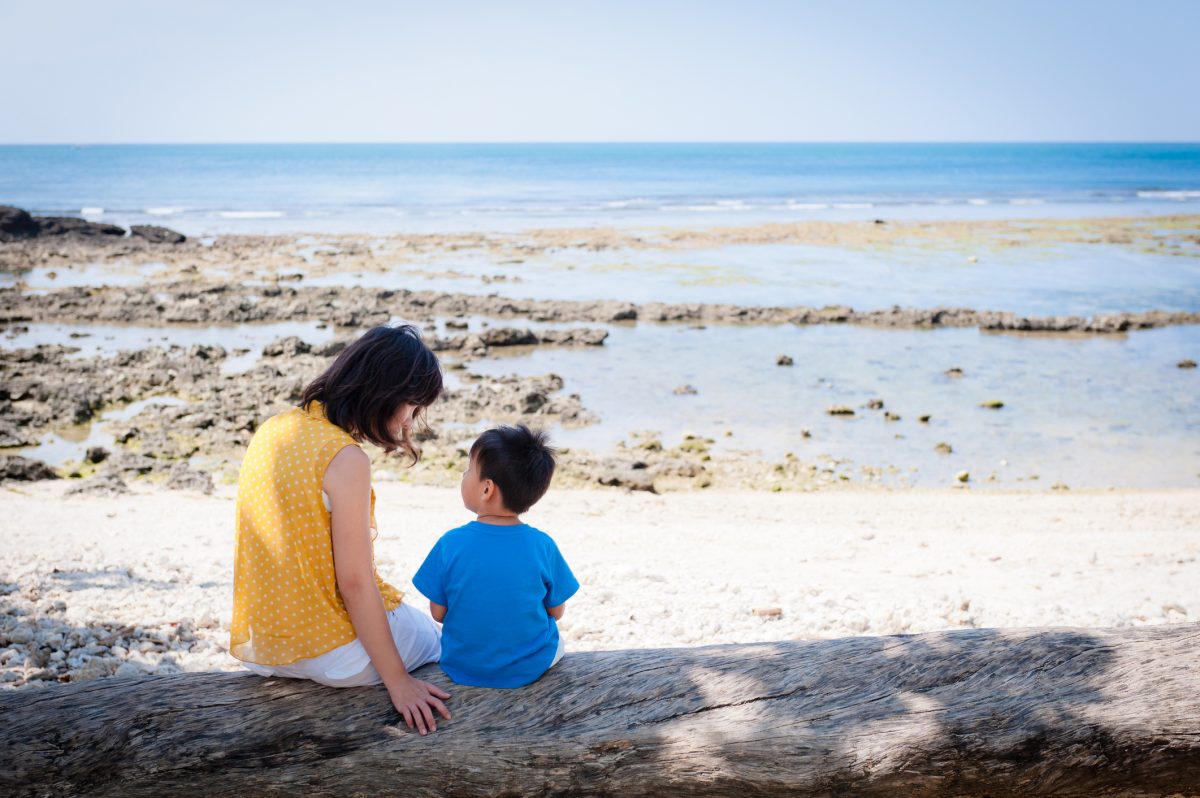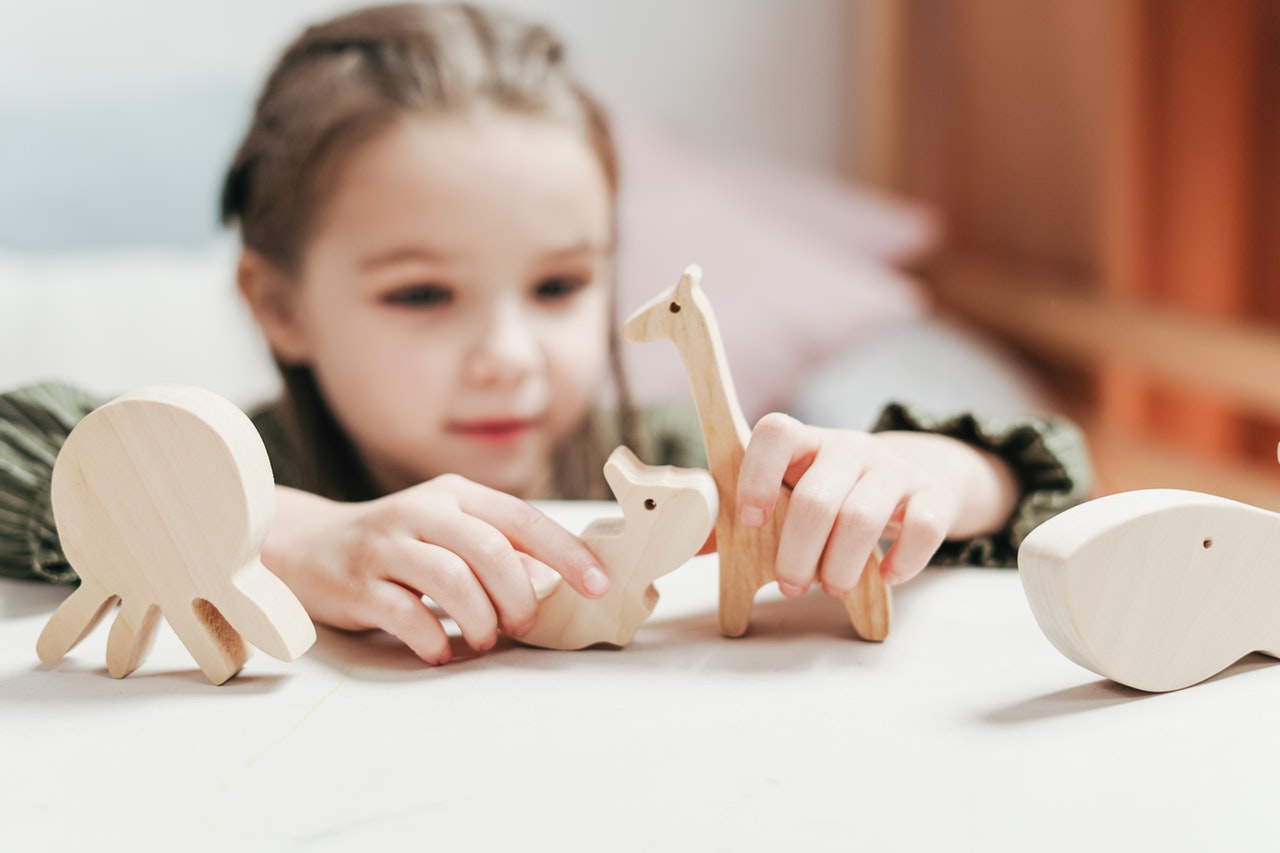CBD for Childhood Behavior Challenges: A Parent’s Compassionate Guide
Consult with a pediatrician or child psychiatrist to carefully assess whether CBD may be an appropriate option for managing your child’s specific behavioral challenges, considering factors to consider such as your child’s age, medical history, and the severity of their symptoms. Choose high-quality, third-party tested CBD products from reputable sources to ensure purity, potency, and safety for your child’s use. Start with the lowest effective dose and monitor your child’s response closely, adjusting the…










